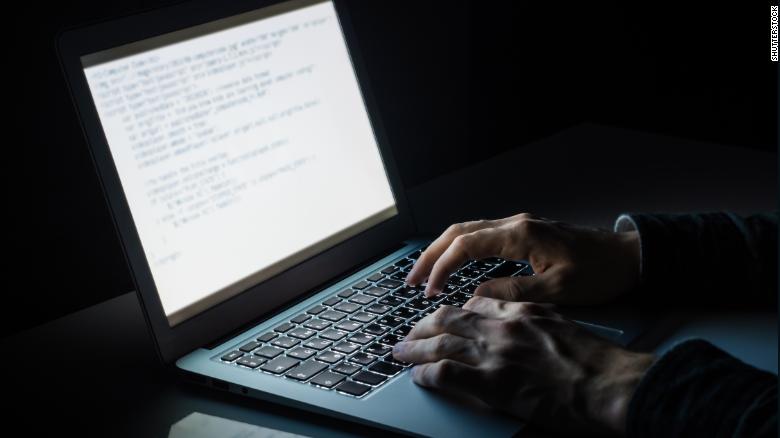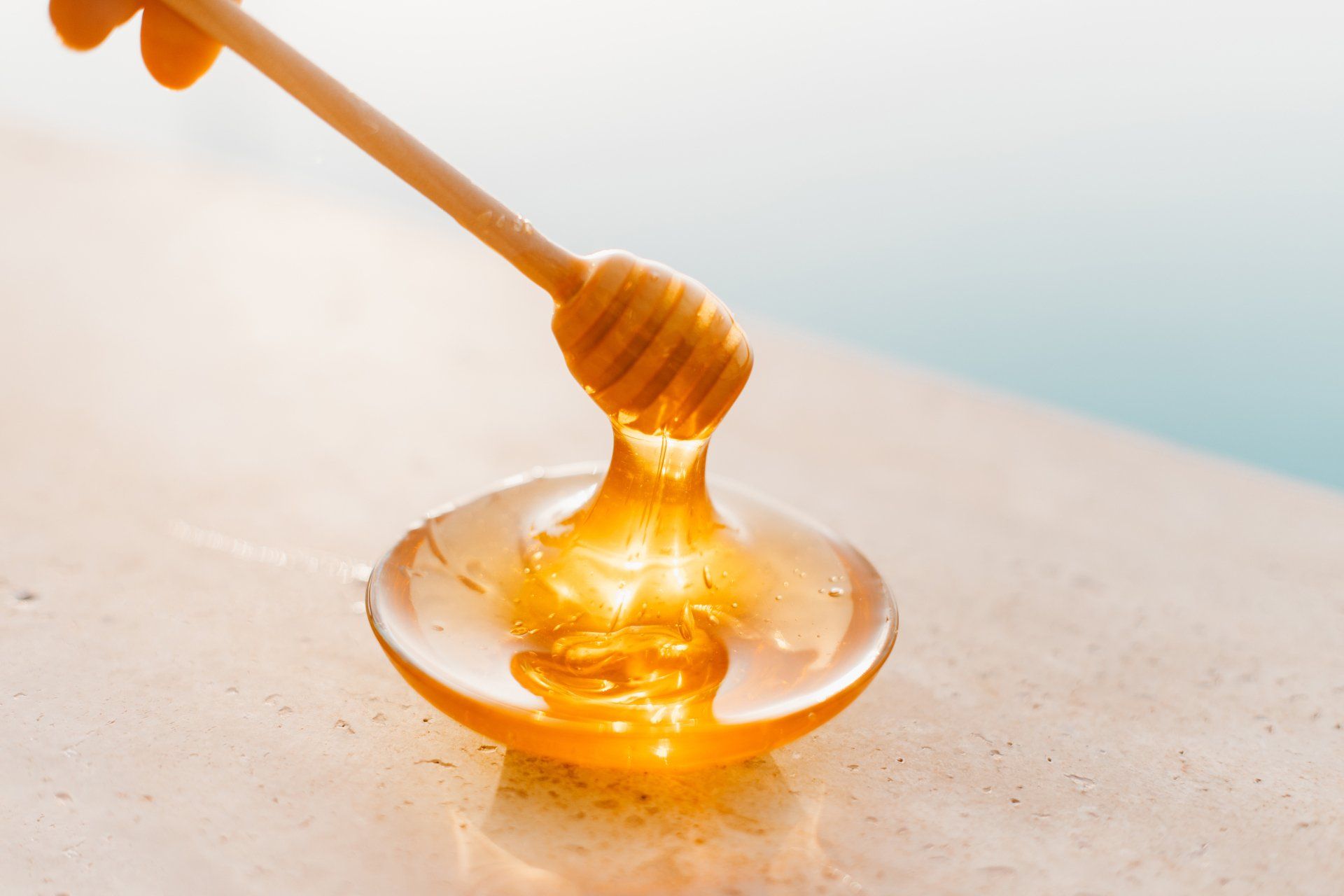Annapolis Grads Write Powerful Pledge to Combat Racism
We challenge every American to take it
32 years ago, almost to this day, I walked across a graduation stage with 1,059 fellow students of the United States Naval Academy’s class of 1988, nominated, as mandated by federal law, from every state — all 50 — including Washington D.C., Guam, Puerto Pico, and the U. S. Virgin Islands.
If any alumni group represents a complete geographic cross-section of the United States of America, it’s us.
We had arrived in Annapolis one by one on a sweltering, humid morning, the day after Independence Day in 1984, teenagers tumbling out of the backseats of our parents’ cars, Greyhound buses, subways, and our first plane rides.
Survival, our common goal, bonding us together.
Seventy-eight percent of the class indeed did survive the ensuing four years of school and training, and it should not surprise anyone familiar with the Naval Academy that its graduates include John McCain, Sunita Williams, David Robinson, Jimmy Carter, Michelle Howard and thousands of other leaders in every discipline across this nation who once called “Mother B” their home.
On Induction Day, like every person in the armed forces before us and each one that will follow, we raised our right hands and vowed to “support and defend the Constitution of the United States against all enemies, foreign and domestic.”
Three decades later, we find ourselves (finally) facing a brutal and unjust domestic enemy, a creation of our country’s own history.
We, as classmates, and we as a country, are facing down the enemy of systemic racism and white privilege: an enemy that, regretfully, so many of us never even realized we had — or worse, abetted.
Four Black Naval Academy graduates, now well in their 50s with their own families and careers to focus on, yet still invested in the ironclad relationships that service to our country forges, took the time and initiative to write a pledge for our class.
Their strategy seeks to overcome this domestic enemy not with Tomahawks, not with the latest laser weapons, not with UAVs, but with words and a three-part, actionable pledge.
These four leaders among us challenged all of our classmates to take their pledge.
We, in turn, challenge every American to join us.
I first saw the pledge in our Facebook group where hundreds have already commented and reposted with their own emotional responses and heartfelt reactions.
With the authors’ collective permission, I share it here as part of my personal commitment to part 3, as listed below.
Recent reprehensive comments [of a fellow alumnus], along with the worldwide call to address racial inequality and police brutality have deeply impacted many of us in ’88.
We have drafted a Pledge that we ask each of you to read carefully and consider acknowledging publicly.
This Pledge is not only about race, but about openly discussing and understanding all our differences as people and offering a deeper level of support for each other in a way that many of us have already come to embrace in our lives.
It is about conversation, engagement, and using our influence to help us be even stronger as a class and better friends.
I pledge to you to do the following:
USNA Induction Day 1984/Photo provided to the author by Michael E. Tabb.
I recognize that we are men and women of action, and only through our actions can we effect a change.
Because it is not enough to only recognize and speak against the mistreatment of our brothers and sisters who served alongside me, I commit to you that I will also engage on your behalf.
What I can do, I will do. I commit to each of you to serve alongside you.
I will take these 3 steps:
1. Listen to my peers.
I will interact intentionally with shipmates and have real conversations about our respective life experiences.
My commitment is not only to hear but also to try to understand. I pledge to listen to my Class of 1988 brothers and sisters.
2. Lead by example.
I will engage to address any displays of injustice and any statements of untruths.
If I am in an environment among friends or peers and something insensitive, derogatory, or untrue is proffered, I will reject it and encourage others to do the same.
I will lead by example. Silence is no longer an option.
What I can do, I will do.
3. Leverage my network.
I will use my sphere of influence, an important extension of me, to the benefit of my classmates and the U.S. Naval Academy.
It is critical that we all affirm our commitment to fairness and integrity, and that we carry out our message to the broadest audience possible.
Now, replace the words “shipmate, Class of 1988, and U. S. Naval Academy” with your vocabulary and the name of your school — whether it be a high school, a small community college, or a large public university.
Alternatively, write in your company’s name, your group’s title, or simply your family’s name.
Make it your own.
Write and take your own pledge.
Take action on part 3 like I’m doing right now. It doesn’t matter if you have only 36 “followers” (like me), or if you have thousands.
Leverage your network and expose your vulnerability by following the example of my classmate below:
At the ripe old age of 53, I suddenly, and somewhat embarrassingly, realized that landmark events like the Civil Rights Act and the Voting Rights Act were just another beginning.
They were another tool in the toolbox to help fight the structural injustice and deprivation that had been built into our various systems from the beginning.
It is this realization that made me post to my personal page last week that at some point in your life, people of integrity need to stand up and be counted.
“…people of integrity need to stand up and be counted.”
I stand up to be counted among those who will use their voices to lift up our fellow brothers and sisters until they are treated…from the mind, the heart, and the soul…with the same dignity deserved by all…until they have the same access and opportunity that this thing called the American Dream afforded me.
I take the Pledge.
Gratitude goes out to the USNA Class of 1988 Pledge authors: Michael E. Tabb, Andre Stokes, Darryl Smith, and Kennon Artis, and to classmate Patrick Porter for sharing their deeply personal journeys.









